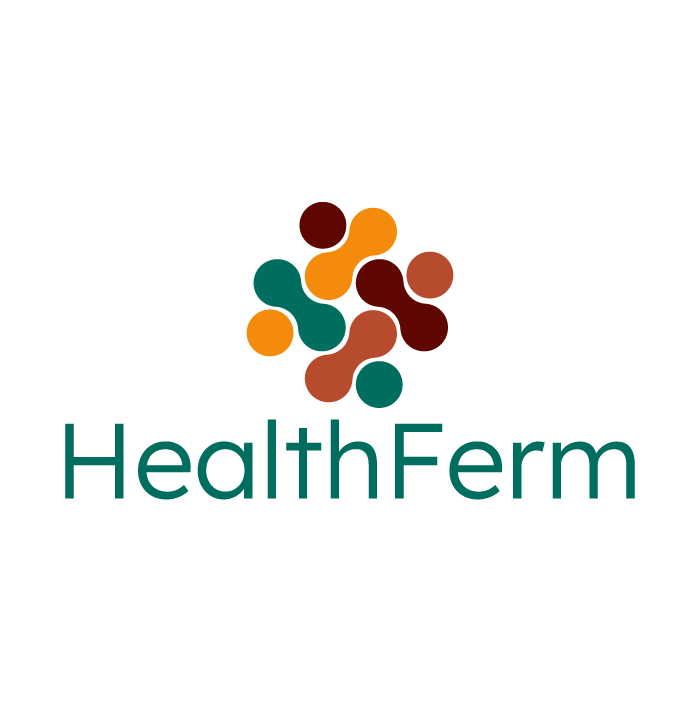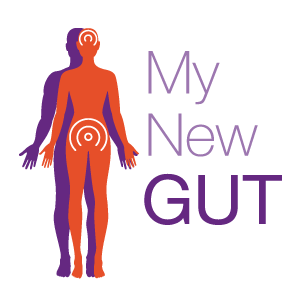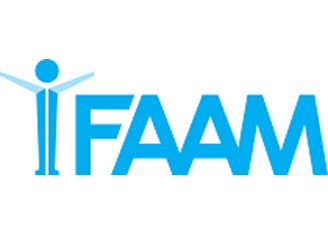Starting with 2001, ICC has been engaged in several international projects. As an example, ICC played a significant role in major EU-funded projects such as HEALTHGRAIN and MoniQA NoE in which ICC was Coordinator. Current and past projects with ICC involvement:

HealthFerm – is a New EU Research Project on Plant-based Fermented Foods for Healthier and More Sustainable Diets. ICC is affiliated partner part of an interdisciplinary consortium of 22 international partners, which targets with the help of community science the societal and industrial transition from traditional to sustainable plant-based fermented foods by design for a healthy everyday diet. Fermented foods are consumed in Europe and across the globe. Especially in the past decades, fermented foods have been hailed for their nutritional and perceived health benefits. Yet little is known about the impact of fermentation on human health or how fermentation can be leveraged to enhance the use of sustainable plant-based raw materials. Funded through the European Union’s Horizon Europe Framework Programme for Research and Innovation and the Swiss government, the project has a budget of EUR 13 million over the next four years. HealthFerm is coordinated by the KU Leuven, Belgium, and the consortium kicked off its activities with the 1st of September. ICC supports HGF in organising the training and capacity building activities in the project.

Well on Wheat? – This project is an international research project addressing the health aspects wheat consumption and aspects of wheat and gluten avoidance.
‘Well on Wheat?’ aims to obtain a full compositional picture of selected wheat types, the flours and doughs made thereof, the breads baked. As such, the changes in chemical composition of different wheat species and compositional changes that may occur as a result of food processing (milling, yeast/sourdough fermentation, baking) will be evaluated. A detailed insight in the effects of food processing will help make recommendations for future product development in the context of “good food for a healthy life”. Such recommendations should be transparent, practically relevant and industrially, thus economically feasible.

MyToolBox - "The smart way to tackle mycotoxins" The project mobilises a multi-actor partnership (academia, farmers, technology SMEs, food industry and policy stakeholders) to develop novel interventions aimed at achieving a 20-90% reduction in crop losses due to fungal and mycotoxin contamination. MyToolBox will not only pursue a field-to-fork approach but will also consider safe use options of contaminated batches, such as the efficient production of biofuels. ICC is work package leader of WP5 - Exploitation, Dissemination and Communication - responsible for disseminating information about the project and its results to the stakeholders along the food supply chain; facilitating collaboration, information exchange and interaction between different actors and organisations involved in the control and management of mycotoxins; developing exploitation plans including a business model; and ensuring a sustainable dialogue with China.

MyNewGut – “Microbiome influence on energy balance and brain development-function put into action to tackle diet-related diseases and behaviour". The EU-funded project MyNewGut (link is external) will research how the human gut microbiome influences obesity, behavioural- and lifestyle-related disorders and vice versa. It also aims to identify specific dietary strategies to improve the long-term health of the public. ICC is task leader in WP11 and will be involved in the organisation of targeted public health workshops and will furthermore disseminate the project results (WP12)

iFAAM - "Integrated Approaches to Food Allergen and Allergy Risk Management" Up to 20 million European citizens suffer from food allergy. However management of both food allergy, by patients and health practitioners, and allergens, by industry, is thwarted by lack of evidence to either prevent food allergy developing or protect adequately those who are already allergic. iFAAM will produce a standardised management process for companies involved in food manufacturing. It will also develop tools designed to enforce these regulations and produce evidence-based knowledge to inform new health advice on nutrition for pregnant women, babies and allergy sufferers. ICC contributes to the project as a 3rd Party, supporting the MoniQA Association. The MoniQA Association leads a WP (WP 9) on translating iFAAM developed tools and food allergen management approaches to practise.

CAPSULED - "Cactus Pear (Opuntia ficus-indica L.) for Sustainable Livelihoods in the Ethiopian Drylands" There is a great potential to better utilize prickly pear (Opuntia ficus-indica L., locally known as "Beles"), as a source of food and fodder in the semiarid parts of Northern Ethiopia to improve the livelihood of the rural people in the arid region. The project will establish a processing center as a pilot plant in order to better make use of both Opuntia fruits and the pads (cladodes). Different food and feed products with longer shelf life will be trialled and marketed. Building on experience from other countries with a long tradition of processing Opuntia and from leading agricultural research institutes, the project will empower youth and women associations for collection, postharvest handling, hygienic food processing and marketing. This approach will provide poor communities with income generation activities and contributing to food security strategy. On top of that, plantation of Opuntia in the degraded dry lands can help to mitigate land degradation and thus combat the ongoing desertification in the region. ICC will be involved in capacity building and project monitoring and evaluation. ICC will be involved in website hosting and management as well as in organizing training and scientific workshops at national or regional scale up on the completion of the project.

